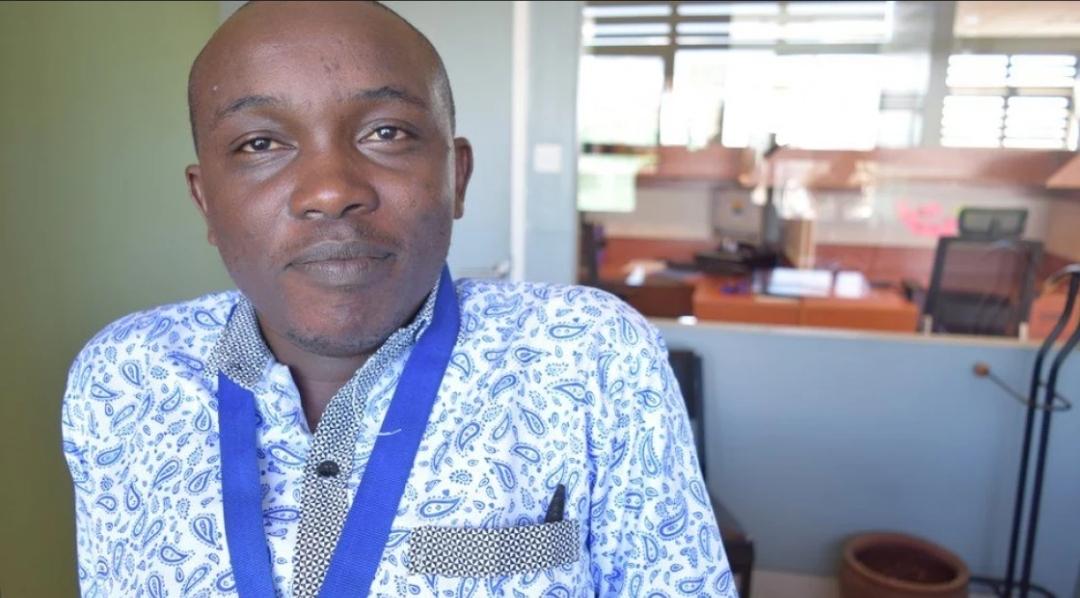
The four persons linked to the brutal murder of lawyer Willie Kimani, his client Josephat Mwenda and taxi driver Joseph Muiruri were finally sentenced to prison on Friday, more than six years since the incident occurred.
Delivering the long-awaited, which saw three police officers and an informant thrown behind bars, justice Jessie Lessit termed the cold-blood killing of the three as "a most foul murder, an execution that was most heinous."
The first accused person, Fredrick ole Leliman, a police officer believed to have been the mastermind of the brutal murder, has been sentenced to death while his former colleagues and co-accused Stephen Cheburet Morogo and Sylvia Wanjohi who were also found guilty of the murder were sentenced to 30 and 24 years. Their informant Peter Ngugi to 20 years in prison.
Prior to the sentencing of the accused persons, the DCI in August last year made public the intrigues behind the murder of Kimani, Mwenda and Muiruri who were tortured and killed after being abducted while leaving Mavoko Law Courts in Machakos County on June 23, 2016.
They were leaving a court session in Mavoko where Mwenda had filed a case against police officer Fredrick Leliman who had assaulted him.
The three were bundled into a vehicle and taken to Syokimau Police post where they were locked up before they were later smuggled out and driven to a location where they were brutally murdered.
Their lifeless bodies were stashed in sacks and transported to a river in Ol Donyo Sabuk where they were dumped only to be recovered a week later on June 30 and July 1, 2016.
In the August edition of their DCI Magazine, the then George Kinoti-led investigative agency outlined how a cigarette butt, a specimen of human faeces and an empty can of Red Bull energy drink were the key investigative leads that led detectives to Willy Kimani’s killers.
The three items were seized from a shrub in Soweto, Mlolongo in Machakos county where the detectives confirmed to have been the murder scene.
"Detectives located the Soweto site and established that it was an open field covered with knee-high grass and acacia trees. They talked to people in a nearby residential area. It emerged that a lady had seen a motor vehicle parked by the roadside that particular (fateful) night,” the report says.
"The site was secured and subjected to forensic evidence gathering with the help of FBI personnel. All materials gathered have been taken for analysis. They include photographs, cans of energy drink (Red Bull, cigarette filters and samples of human waste from the place where it is believed the killings took place," added the DCI.
The specimens were then screened for DNA and later subjected to comparison with samples obtained from the four suspects.
According to an analyst at the Government Chemist Laboratories whom the DCI calls Dr Kimani, buccal swabs were obtained from Ole Leliman, Morogo, Wanjohi and Ngugi, where the presence of biological material was to be traced in the samples collected in Soweto.
“The DNA profiles generated from the cigarette butts matched the DNA profiles generated from the reference sample Peter Ngugi. The cigarette butt proved to be the weak link for the defence and coupled with a confession by Ngugi, the court was left with no option but to convict them,” DCI said, quoting the judgement.
The murder of the three triggered a countrywide uproar with lawyers in the country embarking on a protest against extrajudicial killings.
𝗦𝗲𝗺𝗮𝘀𝗼𝗰𝗶𝗮𝗹 𝗶𝘀 𝘄𝗵𝗲𝗿𝗲 𝗿𝗲𝗮𝗹 𝗽𝗲𝗼𝗽𝗹𝗲 𝗰𝗼𝗻𝗻𝗲𝗰𝘁, 𝗴𝗿𝗼𝘄, 𝗮𝗻𝗱 𝗯𝗲𝗹𝗼𝗻𝗴. We’re more than just a social platform — from jobs and blogs to events and daily chats, we bring people and ideas together in one simple, meaningful space.